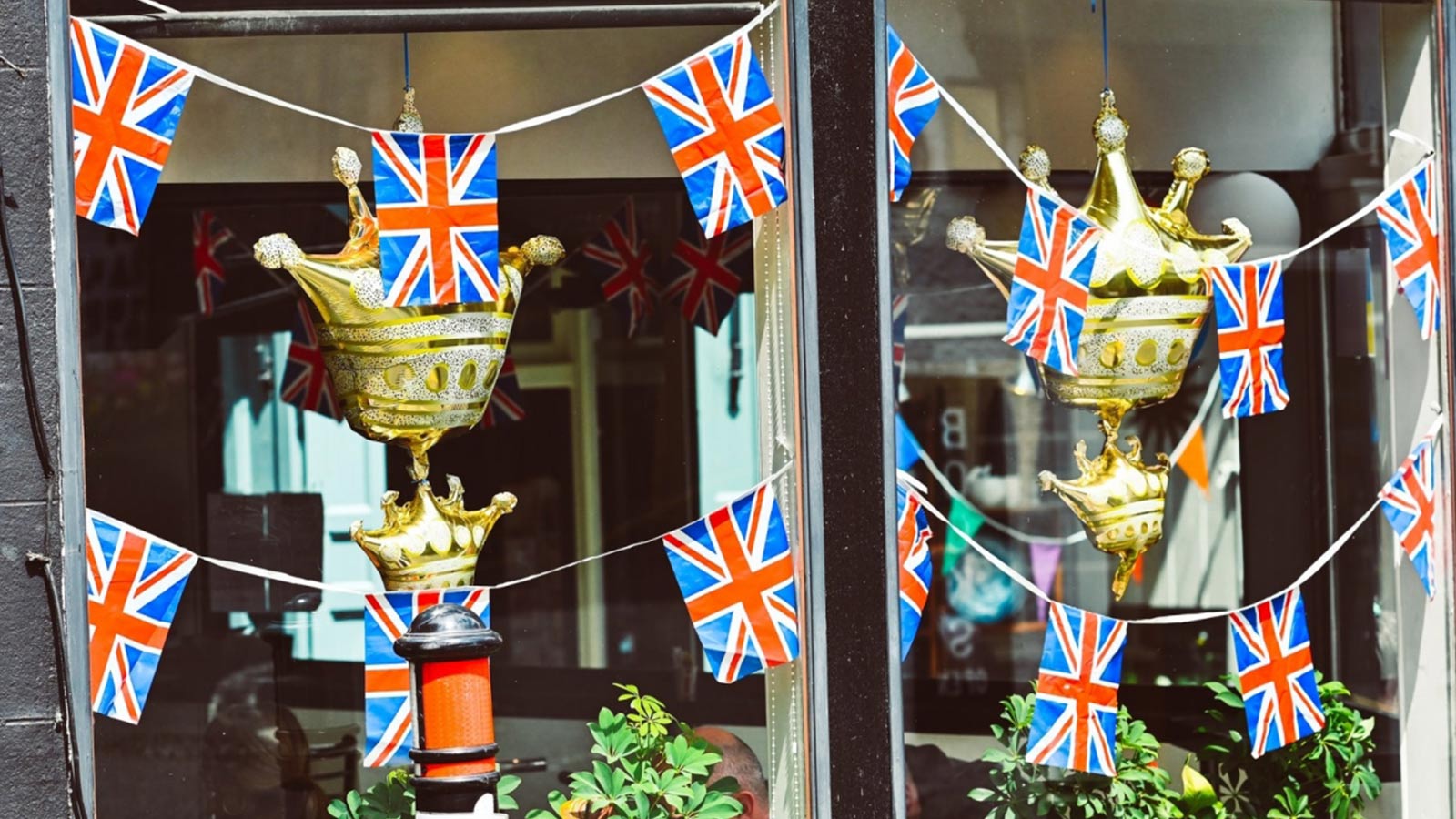Reparations is more than an act of defiance and protest; it is the equivalent of a modern-day Jubilee.
By Wale Hudson-Roberts, Christian Today —
This year, Her Majesty the Queen became the first British monarch to celebrate a Platinum Jubilee after 70 years of service.
Fetes, feasts, fireworks, and processions, as well as an extended Bank Holiday marked the four-day celebrations. But because of a dark and murky history, many were unable to participate in the celebrations.
The Duke and Duchess of Cambridge’s Caribbean tour was a sorry affair, during which the royal family were accused of having historically benefitted from the slave trade and the British Empire.
In 1562, John Hawkins was the first known English person to include enslaved Africans in his cargo; a journey approved by Elizabeth I. Hawkins organised a second voyage and Elizabeth I funded a vessel. In 1660, the Royal African Company (RAC) was established by the Duke of York, who later became James II, with involvement from his brother, Charles II.
It is a known fact the RAC ships sailed from Bristol, Liverpool, and London and then to West Africa operating from military forts based along some 5,00 miles of coastline. It is estimated that from 1680 to 1686 the company transported an average of 5,000 slaves per year, most of which were shipped to colonies in the Caribbean and Virginia. With the initials RAC branded on their black bodies, untold numbers of enslaved Africans arrived in the ‘New World’.
While this country, with others, commemorated the Queen’s longevity, a good number of Caribbeans bemoaned the monarchy’s historical commitment to enslavement. For some of the millions of Black people across the globe, including those that live under the shadow of slavery and whose present realities continue to be blighted by it, even a quiet celebration of the Queen’s seventy-year reign was seen as a step too far.
The Church of England and the monarchy’s historical theological validation of the enslavement of Africans paved the way for a normative interpretation of racism. The sad reality is this: racism violates the image of God and renders Black people as inhuman and unable to fully reflect the image of God. The colossal benefits accrued from slavery have helped the monarchy historically to justify its complicity. History reminds us that on the back of this heinous trade, Great Britain was able to swagger with enormous confidence throughout its colonies, and claim large swathes of the world as its own.
The fact that untold numbers of Black people refused to participate in the street parties and the numerous festivities marking the Platinum Jubilee should not be interpreted as a dislike of the Queen, but a deep discomfort of what the monarchy has historically represented.
The Platinum Jubilee is not the only Jubilee etched into the global consciousness. There is another and this one does not centre on longevity or power. The Biblical jubilee tradition is an exemplar of holy living signposting commitment, equality and justice.
The formation of an authentic egalitarian community that reflects the image of God was central to the Old Testament Jubilee tradition. Jubilee means trumpet. Every fifty years on the Day of Atonement, the trumpet would sound and a holy economics, befitting of the character of God, would be put into action: debts cancelled, land returned to its original owners, and the enslaved set free.
Mindful that the values underpinning Jubilee originate from God, Jubilee is a metaphor that illustrates God’s cry for economic models of liberation. Models, like Jubilee are committed to setting God’s people free.
Regrettably, the language of Jubilee (redemption and revolution) was not employed during the royal visit by the Duke and Duchess of Cambridge to the Caribbean. Instead, people lined the streets not to cheer the Duke and Duchess but to protest, particularly in Jamaica, where many people want the British monarchy to apologize and make reparations for its role in institutionalising slavery on the island.
Such a reckoning with Britain is long overdue. Jamaica in the 18th century was described by Charles Leslie as a ‘constant mine whence Britain draws prodigious riches.’ Sadly, things have not changed that much since the days of enslavement. The Caribbean Islands remain blighted by a horrendous colonial past that has largely kept them in debt.
To move beyond mere apologetic words and phrases, to reconciliation of yesterday’s brutal relationships, much more is needed than visits from the Royal Family to their former colonies. A reset on par with Jubilee, such as reparations, is necessary for reconciliation.
At a recent annual gathering, Quakers agreed to make reparations by financial and other means, not only for the actions of the past but their enduring consequences. Reparations is more than an act of defiance and protest; it is the equivalent of a modern-day Jubilee. It also urges the return of land and money to their original owners.
For only by doing this can the former colonies pay back their debts to the IMF (for example) and begin to enjoy God’s land along with social and economic independence. Justice will only ever prevail when resources are returned to their original owners. This is described as reparations and like Jubilee it is radical, and originates from the heart of God.
Wale Hudson-Roberts is Justice Enabler at the Baptist Union of Great Britain and the pastor of John Bunyan Baptist Church in Cowley, Oxford.
Source: Christian Today
Featured image source: Unsplash














